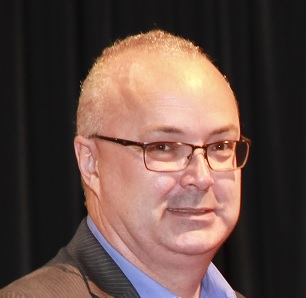
PROJECT SUMMARY:
For the brain to stay healthy, the blood vessels in the brain need to supply it with oxygen and nutrients and remove waste products. In stroke, the blood vessels of the brain either become blocked or burst, which results in a lack of nutrient supply and waste removal, and thus damage to the brain tissue. In the case of damage caused by blocked blood vessels, re-establishing the flow of blood to the brain is one way to improve the detrimental outcomes.
In healthy blood vessels, specific types of cells release chemicals that both increase (dilate) and decrease (constrict) the inside space of the artery, and in turn control blood flow. The release of these chemicals occurs at the same time and in a balanced manner and depends on the presence of specific chemical release sites (channels) on each of the two main cell types in the blood vessels. When the balance between the activity of the chemicals that dilate or constrict blood vessels is altered, disease results.
In animal models of acute (ischemic) stroke where blood flow is blocked, we have found that the innermost cells that line the blood vessel have a channel present that does normally occur in such cells. Our initial studies from humans confirm this observation. Further, our early functional studies from the animal model of stroke also confirm that the change in the location of this channel results in a change of blood flow.
Thus, the aim of our work is to determine the distribution and function of specific channels that control blood flow in normal blood vessel and brain function, and how these may be changed in stroke. The longer term aim of our work is to specifically control the activity of the channel that is not normally present in the blood vessel lining, and thereby increase blood flow in the damaged brain. Overall, our work aims to identify new methods to improve blood flow after brain injury.



 The Brain Foundation is the largest, independent funder of brain and spinal injury research in Australia. We believe research is the pathway to recovery.
The Brain Foundation is the largest, independent funder of brain and spinal injury research in Australia. We believe research is the pathway to recovery.